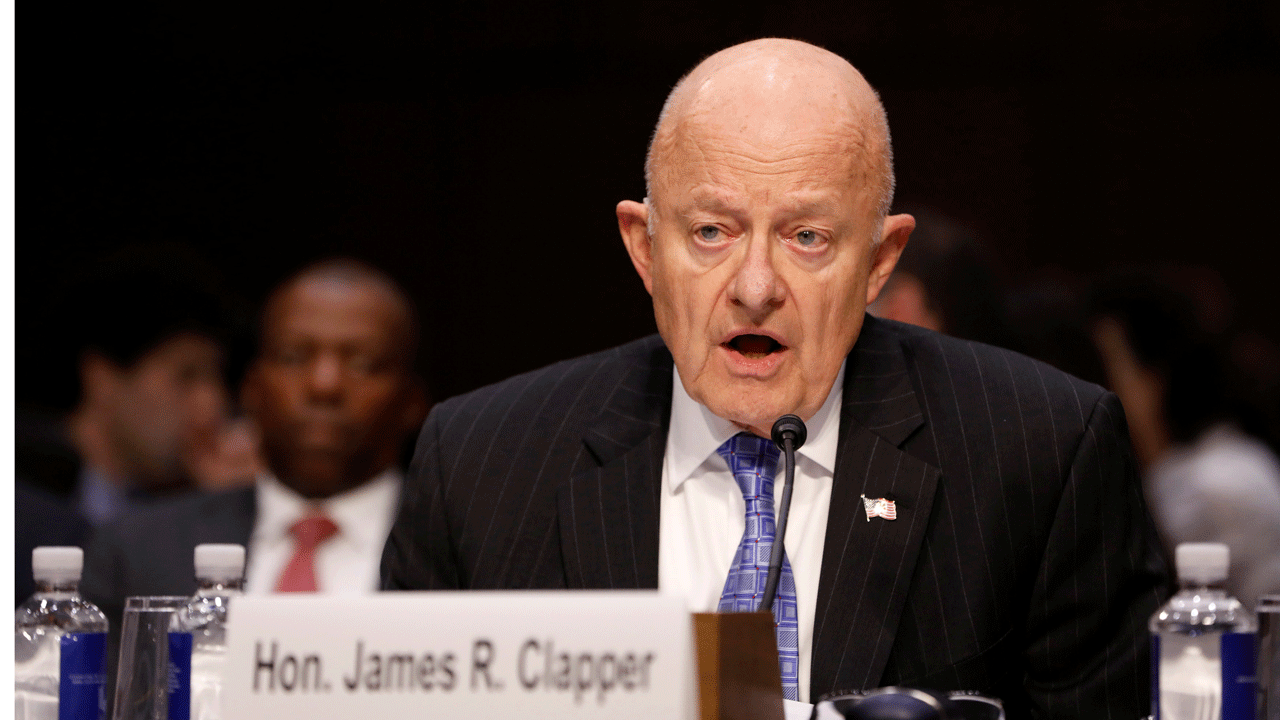Get ready for £30bn tax raid, City analysts warn


Top City economists have warned welfare U-turns and President Trump’s damage to growth prospects will lead to tax hikes worth £30bn this autumn.
Chancellor Rachel Reeves suggested last year’s £40bn tax raid on businesses, homeowners and investors was a “once in a parliament reset” while Keir Starmer has suggested the UK could not “tax [its] way to growth”.
But leading economists have warned that Rachel Reeves’ £9.9bn headroom is set to collapse due to financial pressures.
Taxes are now seen as the only way for the government to keep public finances on stable ground after the Chancellor said she would stick to “iron-clad” fiscal rules and made firm commitments to departmental expenditure over the next three years at her Spending Review.
Ashley Webb, UK economist at Capital Economics, said turmoil in the bond markets had left a “gloomy cloud” over the government’s one-year anniversary, with projections now indicating the Chancellor will have to raise £24bn in the Budget to maintain her headroom.
Several think tanks and economists said after the Spring Statement in March that Chancellor Reeves’ fiscal buffer was “small”, with a bigger headroom needed to protect the UK economy from further shocks.
Oxford Economics’ Andrew Goodwin suggested an upper limit on tax rises could be £30bn this autumn as he said an extension on the freeze on most income thresholds, which could raise some £9bn and otherwise come as a “stealth tax”, is more likely to take place.
“The cost of abandoning welfare reforms and the earlier U-turn on winter fuel payments will likely pale into comparison to the increase in borrowing that will result from the Office for Budget Responsibility (OBR) downgrading its optimistic growth forecasts,” Goodwin added.
Trump to worsen tax fears
Just a month ago, analysts at Deutsche Bank suggested Rachel Reeves would have to raise taxes by £10bn to build back her headroom.
Bond markets appeared to back Rachel Reeves, or warn against her replacement, after worries grew she would be sacked as Chancellor earlier this week.
Leading forecasters have warned that President Trump’s tariffs could slow down global growth to levels not seen since the financial crash, with the end of his 90-day reprieve likely to lead to a “market wobble” if trade talks fail to advance over the next few days.
“Investors might want to sit tight and ride out any volatility as history suggests markets bounce back from selloffs,” said AJ Bell’s Dan Coatsworth.
“The US president likes to push things to the edge and play the game of ‘who blinks first’.
“If high tariffs are reinstated at the end of the negotiation period for numerous countries, there is a good chance that markets pull back as investors price in weaker earnings for companies affected by the new trade landscape.”
Keir Starmer refused to rule out tax hikes at a recent event, adding that senior cabinet ministers would not reveal Budget plans months before it takes place.






